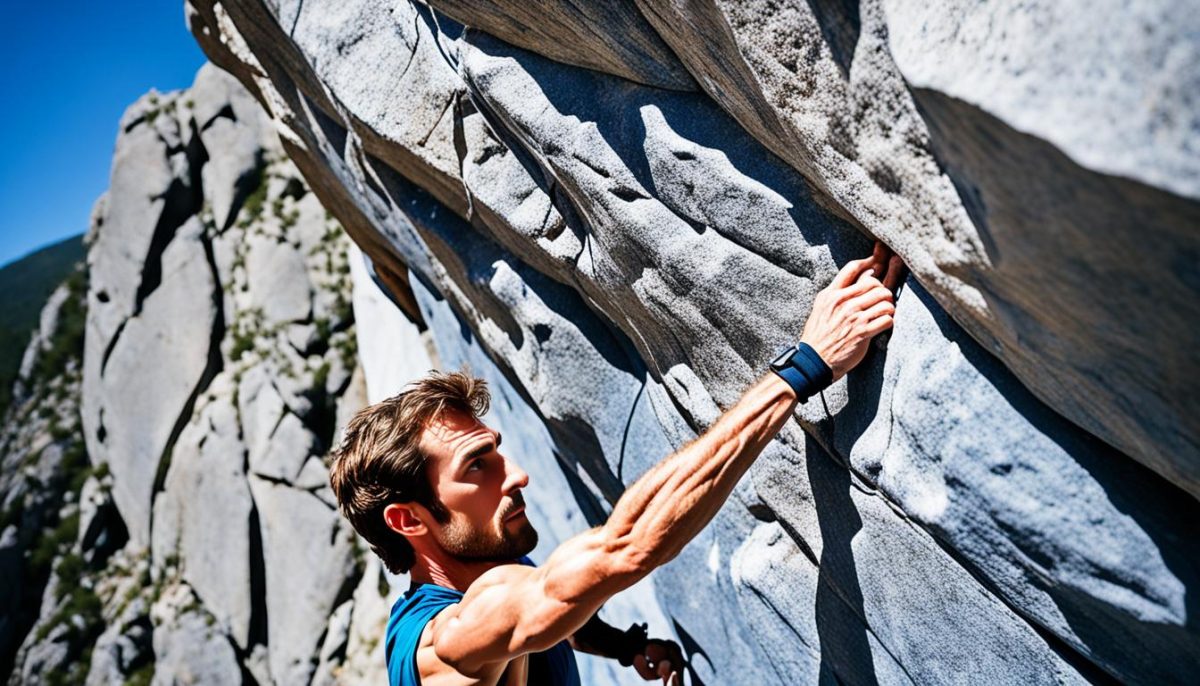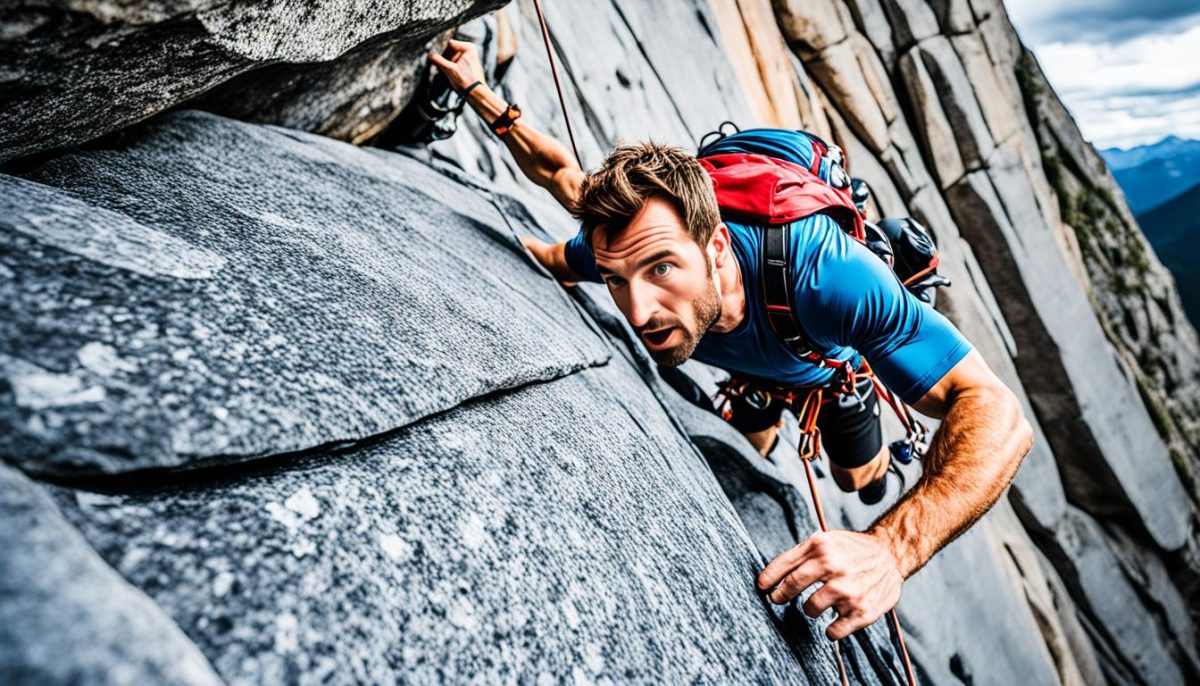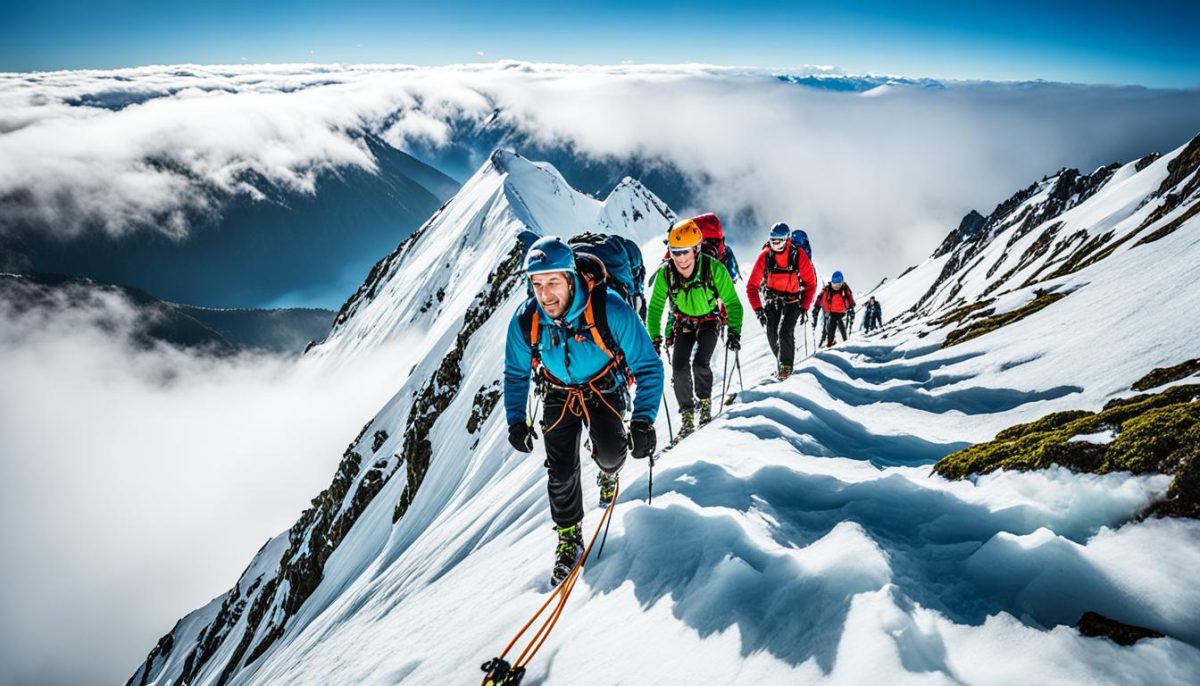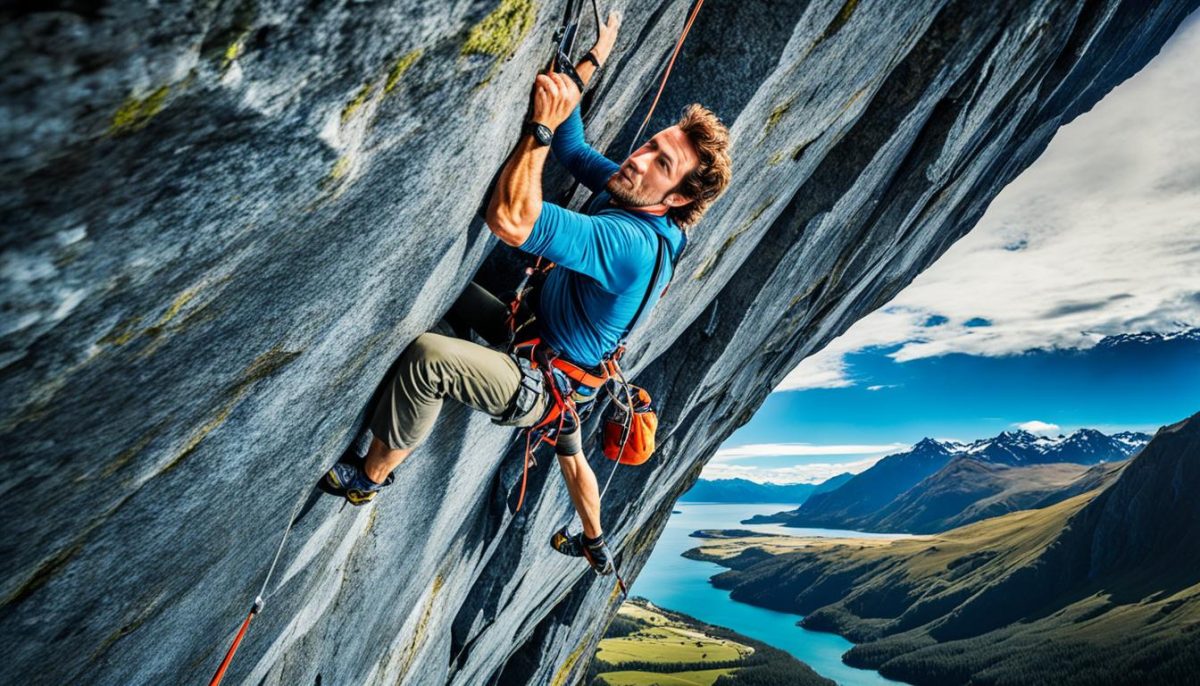Are you fascinated by the exhilarating sport of rock climbing? Wondering how long it takes to master the skills needed to excel on the climbing wall or tackle challenging outdoor routes? Look no further! In this article, we will explore the time it typically takes to become proficient in rock climbing and provide valuable tips to help you reach your climbing goals.
Rock climbing is a sport that requires both physical and mental strength. It combines agility, endurance, and problem-solving skills, making it a challenging but incredibly rewarding endeavor. Whether you’re a beginner just starting out or an experienced climber looking to advance your skills, understanding the learning curve and following effective strategies can make all the difference in your progress.
In the next section, we will delve into the various stages of the learning curve in rock climbing. We will discuss essential skills and techniques beginners need to acquire, as well as give you an overview of climbing grades and how they pertain to your skill progression. Understanding the learning curve will provide you with a realistic expectation of the time it takes to see improvement in your climbing abilities.
Stay tuned for section 2, where we will share valuable tips and strategies to accelerate your progress in rock climbing. From structured training and effective practice routines to mental preparation techniques and the benefits of engaging with the climbing community, we will provide you with actionable steps to help you reach your goals faster.
If you’re ready to embark on an exciting journey of self-improvement and adventure, let’s dive into the world of rock climbing and discover how long it takes to master this thrilling sport. By implementing the tips and techniques we share, you’ll be on your way to becoming a skilled and confident rock climber in no time!
Understanding the Learning Curve in Rock Climbing
Rock climbing is an exhilarating sport that requires a unique set of skills and techniques. For beginners, it can feel overwhelming to navigate the steep learning curve. In this section, we will explore the various stages of the learning curve in rock climbing and provide valuable insights on how to progress and improve your skills.
The Beginner Stage: Acquiring Essential Skills
As a beginner rock climber, it is crucial to focus on mastering the fundamental skills that will form the foundation of your climbing ability. These skills include:
- Proper footwork techniques
- Understanding and executing basic climbing movements
- Learning how to tie essential knots
- Utilizing proper body positioning and balance
By practicing these beginner rock climbing skills, you will build a strong base from which to progress to more advanced techniques.
Climbing Techniques: Unlocking Efficiency and Control
Once you have mastered the basics, it’s time to explore more advanced climbing techniques that will enhance your efficiency and control on the wall. These techniques include:
- Dynamic movement: Using momentum to reach difficult holds
- Smearing: Using friction to gain traction on smooth surfaces
- Edging: Utilizing the edges of your climbing shoes for support
- Flagging: Balancing your body by extending a leg
- Heel hooks and toe hooks: Using your feet to gain leverage on holds
By incorporating these climbing techniques into your repertoire, you will be able to tackle more challenging routes and improve your overall climbing performance.
Climbing Grades: Measuring Skill Progression
In the world of rock climbing, climbing grades are used to categorize the difficulty of a climb. Understanding climbing grades is essential for monitoring your skill progression and setting appropriate goals for improvement.
The Yosemite Decimal System (YDS) is a popular grading system for rock climbing in North America. The YDS grade consists of a number followed by a letter that denotes the difficulty level. The lower the number, the easier the climb, while the higher the number, the more challenging it becomes.
Here is a breakdown of the YDS grading system:
| Grade | Difficulty |
|---|---|
| 5.0-5.7 | Beginner |
| 5.8-5.9 | Intermediate |
| 5.10-5.11+ | Advanced |
| 5.12-5.15 | Expert |
It’s important to note that climbing grades can vary between different regions and climbing areas.

By understanding the learning curve in rock climbing, acquiring essential skills, mastering climbing techniques, and familiarizing yourself with climbing grades, you will be well-equipped to progress and excel in this thrilling sport.
Tips to Accelerate Your Progress in Rock Climbing
Rock climbing is a challenging and exhilarating sport that requires dedication and consistent effort to improve. Whether you’re a beginner or an experienced climber, there are several tips and strategies you can use to accelerate your progress and take your climbing skills to the next level.
Firstly, structured training is essential for developing strength, endurance, and technique. Incorporate specific exercises and workouts into your training regimen that target the muscles used in climbing. Focus on building upper body and core strength, as well as improving flexibility and balance. Additionally, consider working with a qualified rock climbing trainer who can design a personalized training plan to suit your individual needs.
Effective practice routines are also crucial for rapid improvement. Set aside regular time for climbing practice and focus on specific skills or techniques you want to develop. Break down complex movements into smaller, manageable steps, and gradually increase the difficulty as you progress. By practicing with intention and pushing your limits, you can enhance your climbing abilities more quickly.
Mental preparation plays a significant role in rock climbing performance. Develop mental strength and resilience by visualizing successful climbs, setting realistic goals, and maintaining a positive mindset. Learn to manage fear and anxiety by staying calm, focused, and present during climbs. Incorporating mindfulness and relaxation techniques into your training can also help improve your mental endurance on the rock.
Lastly, don’t underestimate the value of the climbing community. Engaging with other climbers provides an opportunity to learn from their experiences, share advice, and find motivation and support. Join a local climbing gym or club, participate in community events, and connect with fellow climbers through online forums and social media groups. Surrounding yourself with like-minded individuals who share your passion for climbing can greatly enhance your progress and enjoyment of the sport.
In conclusion, by implementing these tips – including structured training, effective practice routines, mental preparation techniques, and engaging with the climbing community – you can accelerate your progress in rock climbing and unlock new levels of achievement. Embrace the challenge, stay persistent, and enjoy the journey as you push your limits and scale new heights.




